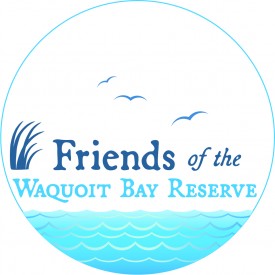Choices and Tradeoffs: Quantifying the Economic Value of Natural Resources and Services
Dr. Chris Feurt, Coastal Training Coordinator, Wells National Estuarine Research Reserve and Director, Center for Sustainable Communities, University of New England
Chris Feurt provided an overview of the Well’s project that is developing and applying an interdisciplinary framework to describe and measure impacts of riparian management on priority ecosystem services. The project is using the principles of Ecosystem Based Management (EBM) to apply social science techniques to characterize and quantify the tradeoffs in ecosystem services and benefits of and use decisions in riparian buffers and wetlands. Dr. Feurt reflected that the economic aspects of the project have been complex to understand and that there is a need for continued education on the economic principles and approaches for both project scientists and the public.
For more information on the Wells Project see: http://nerrs.noaa.gov/NSCIndex.aspx?ID=649
Dr. Robert Johnston, Director and Research Professor, The George Perkins Marsh Institute, and Professor of Economics, Clark University
Robert Johnston provided an overview of how scientists quantify the economic value of natural resources and services. He explained the principles of markets, economic value, and the economic benefits (market and non-market) of ecosystems. He offered recommendations on common valuation methods that accurately quantify the value of national resources. Dr. Johnston also discussed how the Wells team is applying a choice model to determine how residents in Southern Maine value the ecosystem services of riparian buffers and wetlands.
> Click here to review Robert Johnston’s presentation




